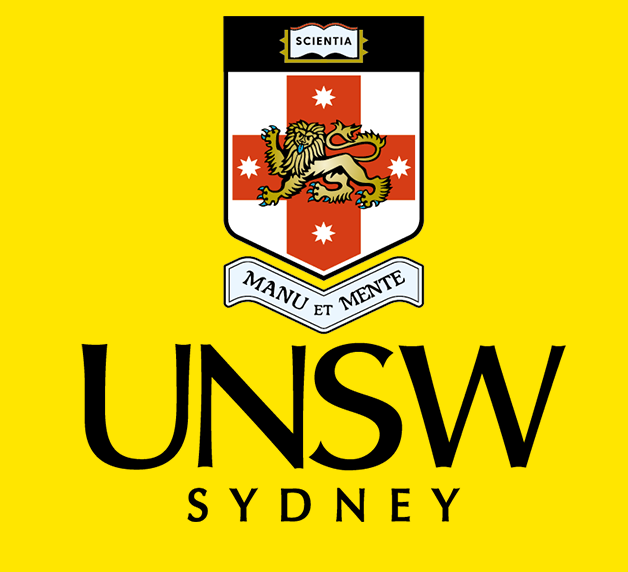This degree will teach you the latest processing technologies and the fundamentals of food engineering. It's designed for students who already have a four-year accredited engineering degree and want to broaden their job prospects through cross training, re-training or specialisation.
Your postgraduate study will cover process control, product quality, food safety, food packaging and food technology best practices. Our flexible study options in Food Science and Technology provide students with a deeper understanding of the agrifood business. Our experts in the field of food process engineering will teach you the strategies and tools to increase efficiency and performance in the manufacturing and processing of food products.
The Master of Engineering Science program promotes flexible learning as a keystone of the program. In this postgraduate degree you'll dive deeper into processing technology, the physical properties and engineering of different foods, shelf-life, thermal processing and the life cycle of plants.
